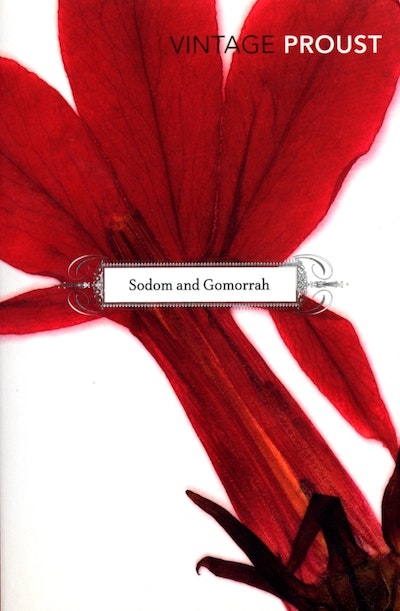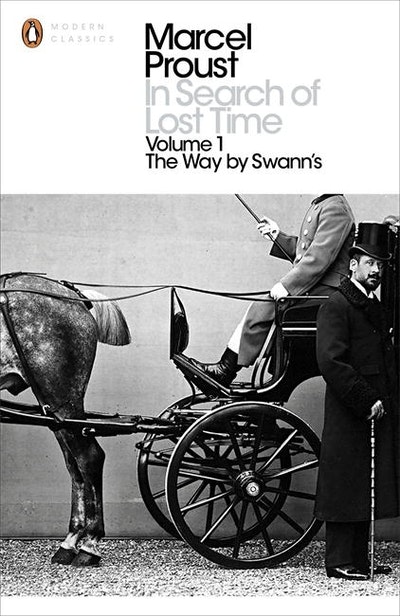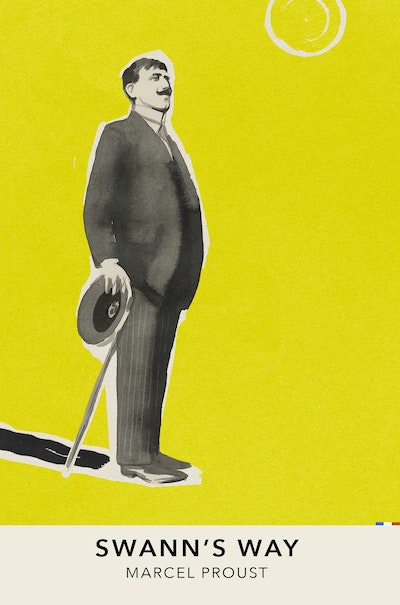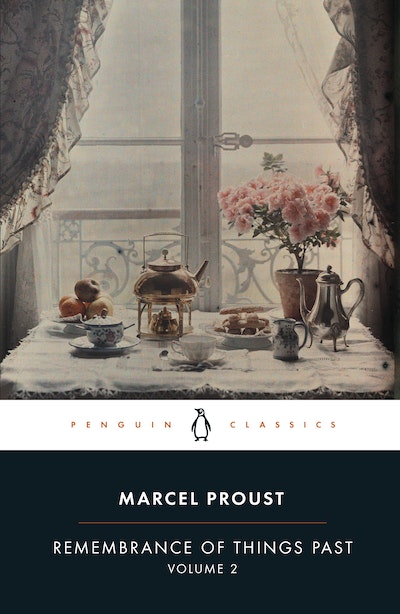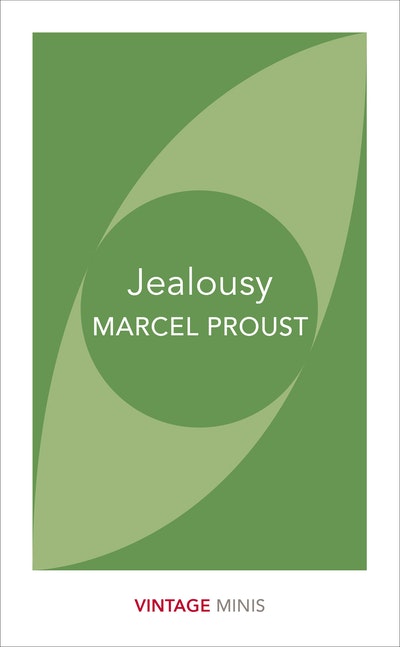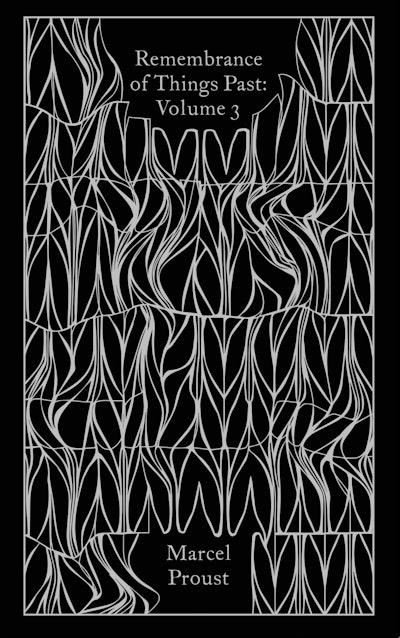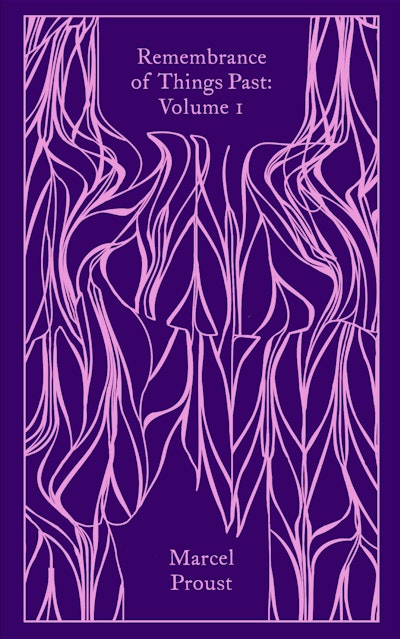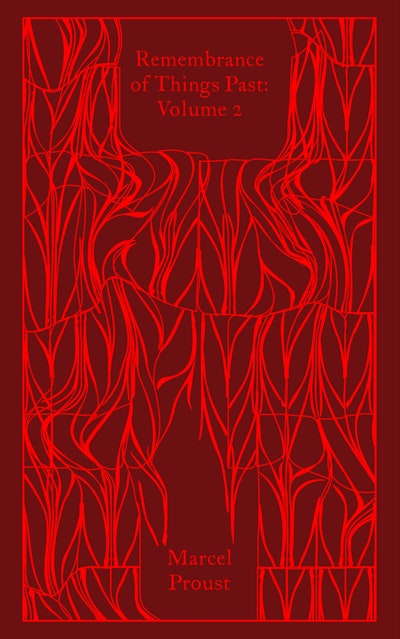[]
In Search Of Lost Time, Vol 4
Sodom and Gomorrah
Formats & editions
Buy from…
- Published: 4 January 2011
- ISBN: 9781409041580
- Imprint: Vintage Digital
- Format: EBook
- Pages: 656
A giant miniature, full of images, of superimposed gardens, of games conducted between space and time
Jean Cocteau
One of the cornerstones of the Western literary canon
The Times
Proust isn't just the most profound of novelists, but the most entertaining, too
Independent
The way he replicates the workings of the mind changed the art of novel-writing forever...his style is extraordinary, enveloping, captivating
Guardian
